Google Maps is getting a major AI makeover, and it is about to change how we navigate completely. The world’s most popular navigation app is now powered by Gemini, Google’s advanced AI technology, transforming it into something that feels more like having a knowledgeable passenger along for the ride. This is not just another incremental update. Maps is becoming conversational, proactive, and surprisingly intuitive, with the rollout beginning across both Android and iOS platforms.
The timing could not be better. With over 2 billion monthly users worldwide, according to recent data, even small tweaks ripple through morning commutes and late‑night drives. These are not small tweaks. Google is rethinking what a navigation app can be when conversation sits in the driver’s seat.
Why conversational navigation actually matters
You can now talk to Google Maps while driving. Natural conversation, not menu hunting. Gemini allows users to string together complex requests naturally. Try, “Is there a budget-friendly restaurant with vegan options along my route?” Then follow up with, “What is parking like there?” No awkward resets, no digging through submenus.
That shift changes the safety equation. Instead of tapping through screens or issuing separate commands, you chain related requests in one thread. The result, fewer distractions and clearer focus on the road, lines up with what road-safety folks have pushed for. Having Gemini should make Google Maps a lot easier to use and remove the need to take your hands off the wheel or fumble with the app interface.
The system goes well beyond simple restaurant searches. With user permission, Gemini can create or read Calendar entries/interact with Calendar so you can add reminders for events while discussing your route. You can even catch up on news or sports scores, all handled conversationally. This hands‑free approach targets a real safety issue, and research shows that reducing cognitive overhead while driving is directly relevant to safety.
What stands out is how Gemini processes information. The AI draws from Google’s database of 250 million places, plus Street View imagery, to answer questions about everything from restaurant vibes to EV charger availability along your route. That base of real‑world context makes answers feel local, not generic.
Getting directions that actually make sense
Traditional GPS has leaned on distance-based prompts for decades. “Turn left in 600 feet” has been the norm since the early days. Google is changing this by using landmarks along your route, which makes directions easier to grasp at a glance.
Here is the interesting part. Gemini analyzes Google Maps’ information about over 250 million places and cross-references this data with Street View images to pick visible, reliable landmarks. Instead of vague distances, you hear, “Turn right after the Thai Siam Restaurant,” with the landmark highlighted on your map as you approach the turn.
This approach has research behind it. Navigation researchers have found that landmark-based prompts lower cognitive demand compared to distance-only cues. In practice, it is the difference between estimating yards while moving and just looking for a recognizable storefront.
The system is picky about landmarks, which matters. Google previously updated the app to use visible objects like traffic lights and stop signs, and it now expands to nearby businesses and famous spots that you can actually see from the road. The effect feels closer to how a local gives directions.
Traffic alerts that think ahead
One of the most practical upgrades is proactive traffic monitoring. Maps can alert you to trouble even before you embark on your route, flagging crashes, construction, or arena events that might snarl your drive. Not just reactive, genuinely anticipatory.
It works quietly in the background, watching your usual paths. Gemini can automatically alert users to approaching disruptions like crashes, construction, or road closures, even if you have not started navigation yet. Perfect for commutes where you would not normally open the app first.
Reporting issues is more natural too. Drivers can describe hazards or closures using conversational AI. Say, “I see an accident ahead,” or “There is flooding on this road,” instead of pecking through menus. These reports are then shared with other drivers on that route, which turns routine drives into a lightweight, shared information network.
Smart discovery when you arrive
The AI help does not stop when you park. Maps can now be coupled with Lens, allowing the camera to serve as a shortcut to facts about whatever is in front of you. Point the camera at a restaurant and Gemini can summarize popular dishes, note outdoor seating, or sketch the general atmosphere.
It does this by leaning on Gemini’s summarization capabilities in conjunction with Google Maps’ understanding of places. The system imports place details, reviews, menus, and photos to respond in natural language, so you get concise, context‑aware answers without scanning dozens of tabs.
This goes beyond simple Q and A. Users can ask nuanced questions about restaurants, such as what dishes are popular or whether there’s outdoor seating. Point, ask, decide. It feels like having a local friend on call.
What this means for the road ahead
The stakes are bigger than convenience. Google Maps has more than two billion monthly users, and small changes can have a ripple effect on traffic and safety. If navigation gets less mentally demanding and more intuitive, roads get calmer.
The rollout is staged. Some guidance features are starting to surface on Android and iOS, with full rollout in the coming weeks. Android Auto support is coming soon, though Google is still evaluating how to integrate Gemini’s hands-free features with Apple’s more limited CarPlay platform.
There is also the accuracy question. Importantly, Google’s Maps team says it does not expect hallucinations to be a problem with this version of Gemini because suggestions are grounded in Google’s billions of place listings and Street View photos. That grounding should help avoid the slipups that have tripped up other AI tools.
These updates put Google Maps in a strong position for whatever comes next in navigation, from smarter city traffic to the way drivers interact with cars. As conversational interfaces become normal, competitors will have to match this level of ease or risk falling behind.
Bottom line, if these Gemini upgrades deliver on their promises, daily navigation could get noticeably less stressful and a lot more productive. Fewer taps, clearer directions, smarter routes. The kind of practical AI that actually lightens the drive.









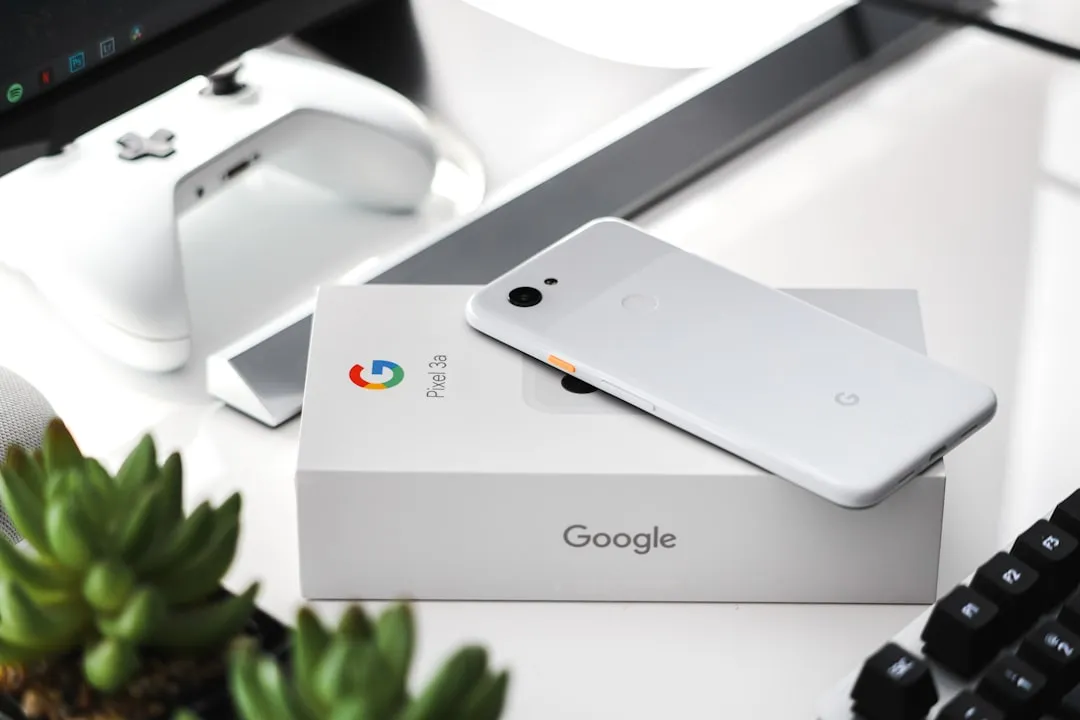





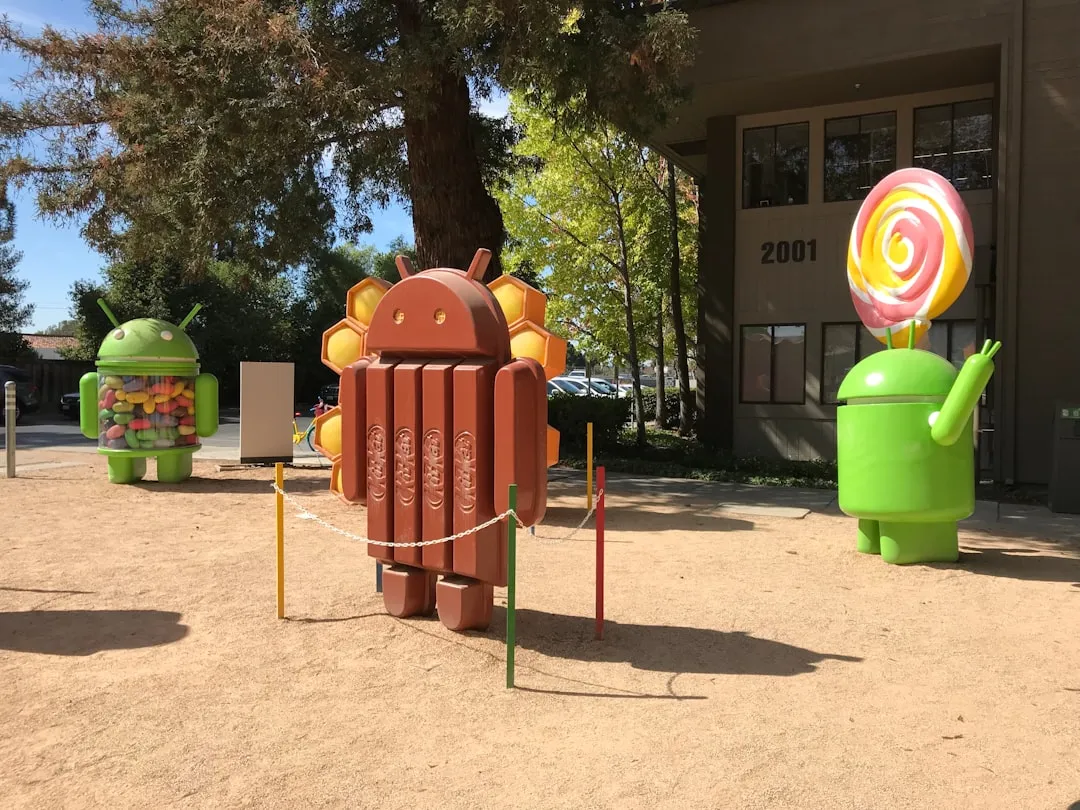



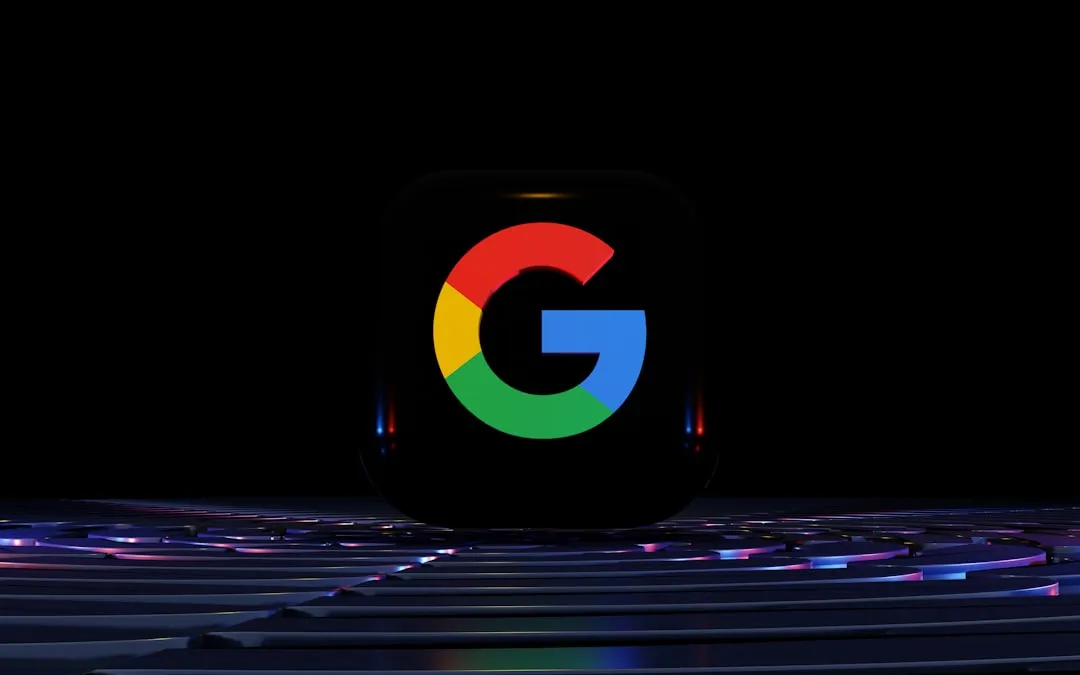


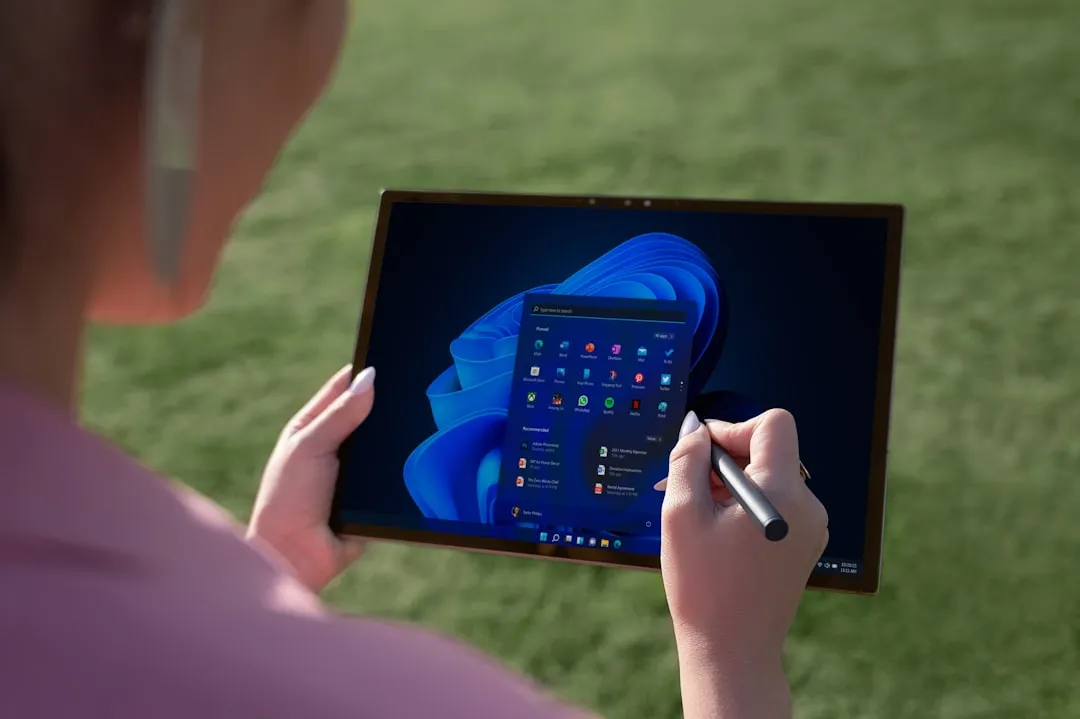
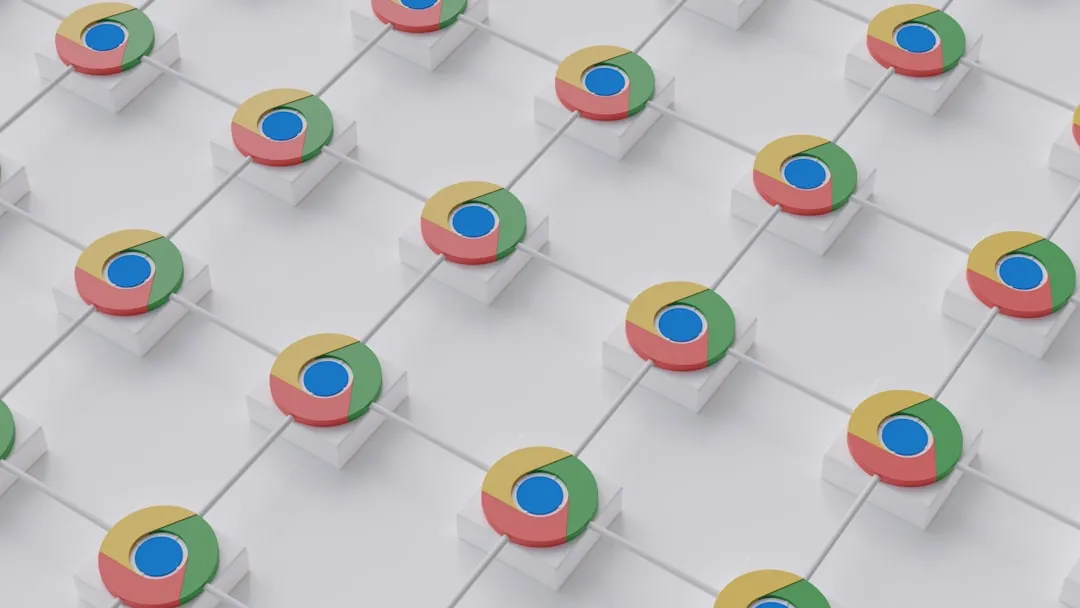
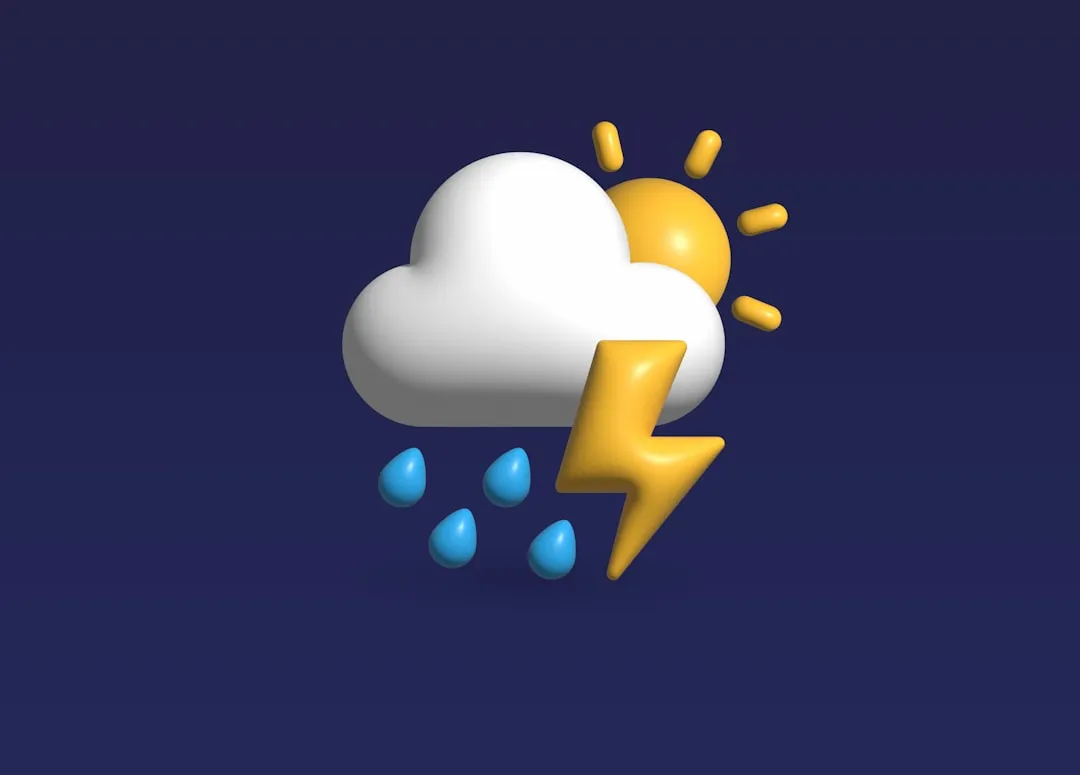
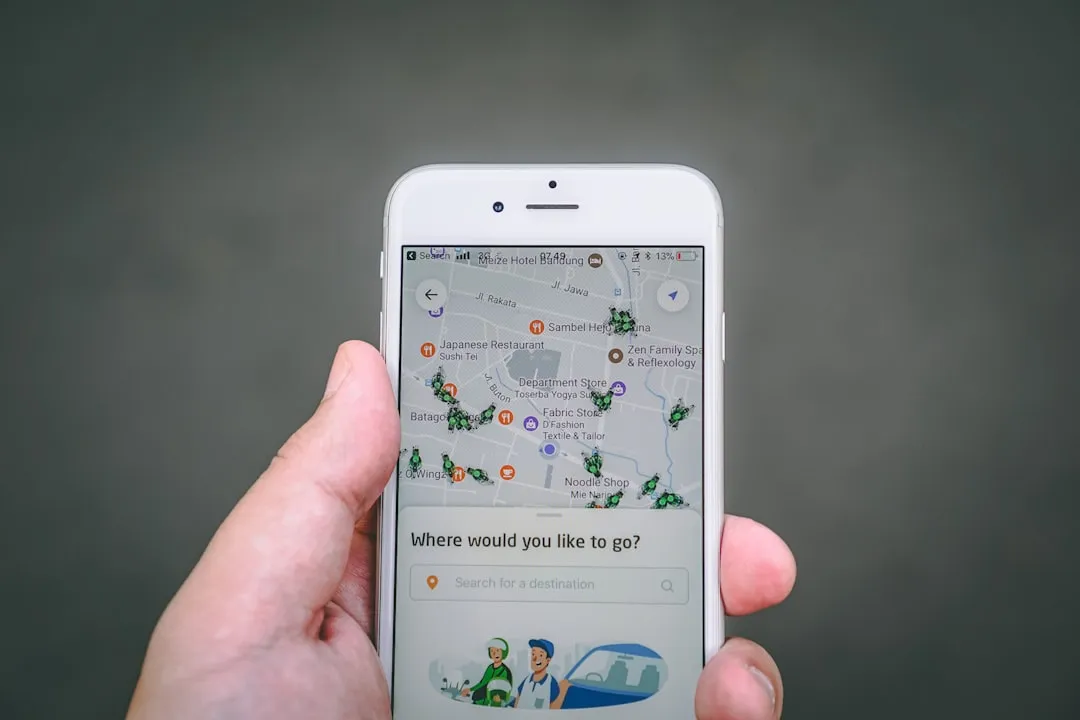
Comments
Be the first, drop a comment!